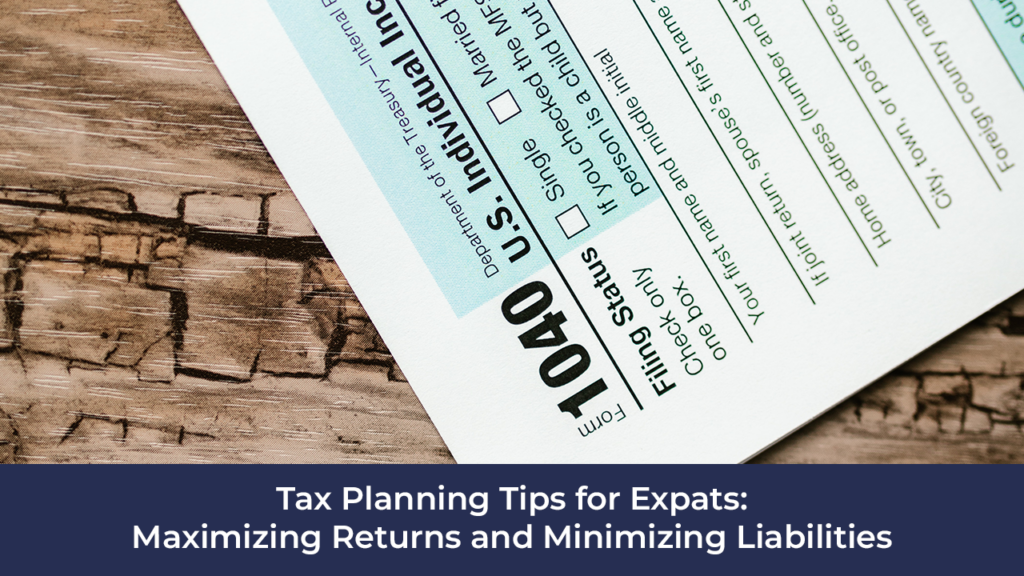Savings accounts and investments are important components of a sound financial plan. They provide a way to grow your money and make it work for you. There are different types of savings accounts and investment options, each with its own pros and cons. In this blog post, we’ll take a look at the different types of savings accounts and investments and discuss their advantages and disadvantages. We’ll also discuss how to choose the right savings account and investment strategy for your individual needs. Finally, we’ll provide some tips and advice on how to make the most of your savings and investments.
Pros and Cons of Savings Accounts
Savings accounts are a great way to save money and build a financial cushion. They offer a relatively low-risk way to save money, as they are typically insured up to certain limits. However, savings accounts also offer some drawbacks. Interest rates on savings accounts are often quite low, meaning that the money you save in a savings account may not grow as much as it would in other investment vehicles. Additionally, savings accounts often have minimum balance requirements, which can be difficult to keep up with if you are not able to save a large amount of money. Ultimately, savings accounts are a good way to save money, but they may not be the best option if you are looking for the highest return on your investment or even to beat inflation.
Pros and Cons of CDs
Savings accounts and certificates of deposit (CDs or Festgeld in German) are two popular savings vehicles for those looking to grow their money. CDs offer a higher rate of return than traditional savings accounts, but they also come with a few drawbacks. Pros of CDs include the guaranteed rate of return and the ability to choose from a variety of terms and maturities. CDs can also be an excellent choice for those who want to avoid market volatility and are not looking for a high-risk investment. On the downside, CDs require a minimum deposit and typically require you to keep your money in the account for a specific period of time. If you need to access your funds before the maturity date, you may incur a penalty. Additionally, CDs generally offer lower rates of return than stocks, bonds, and other investments.
Pros and Cons of Stocks and Funds
Investing in stocks and funds can be a great way to grow your wealth, but there are some important pros and cons to consider before investing. On the one hand, individual stocks and funds tend to offer higher returns than other investment options, such as savings accounts and CDs. This means that your money can potentially grow more quickly when invested in stocks and funds. On the other hand, stocks and funds are also more volatile than other investment options and can result in losses if the market takes a downturn. Additionally, stocks require more active management and research than other investment options, so it’s important to have a good understanding of the stock market before investing in stocks. A good way to reduce the amount of personal management required with stocks is to invest in either managed funds (active) or mirrors of already existing indexes – ETFs (passive). Active funds are managed by fund managers who also want earn on your investment and therefore have a more expensive cost structure. Passive funds (ETFs) are a mirror of a share index (for example S&P 500, MSCI World, Eurostoxx 50 and the DAX) and are therefore not actively managed by a fund manager meaning they have a far lower cost structure. Generally speaking, the lower the cost structure, the more you profit from your growth. Ultimately, the decision to invest in individual stocks and funds should be based on your individual financial goals and risk tolerance.
Pros and Cons of Bonds
Bonds are a popular investment option that can be used to generate long-term income. Bonds are debt securities issued by governments or corporations. When you purchase a bond, you are essentially lending money to the issuer, and in return, you are paid a fixed interest rate over the life of the bond. Bonds can be a great way to diversify your portfolio and add stability to your investments. However, bonds come with their own set of pros and cons. On the plus side, bonds are generally less volatile than stocks and can provide a steady stream of income. They are also typically considered safe investments, since the issuer is obligated to pay interest and return your principal upon maturity. On the downside, bonds are subject to interest rate risk, meaning that if interest rates go up, the value of your bond will go down. Additionally, bonds may not offer the same potential returns as other investments such as stocks.
Conclusion
In conclusion, it is important to consider the various savings accounts and investment options available to you before deciding which one is right for you. Each of these options has its own pros and cons, and it is important to be aware of these before making any decisions. With the right information and research, you can make an informed decision and find the best option for your individual financial situation.
Get in touch with our advisors to find your best savings accounts and investment options.





